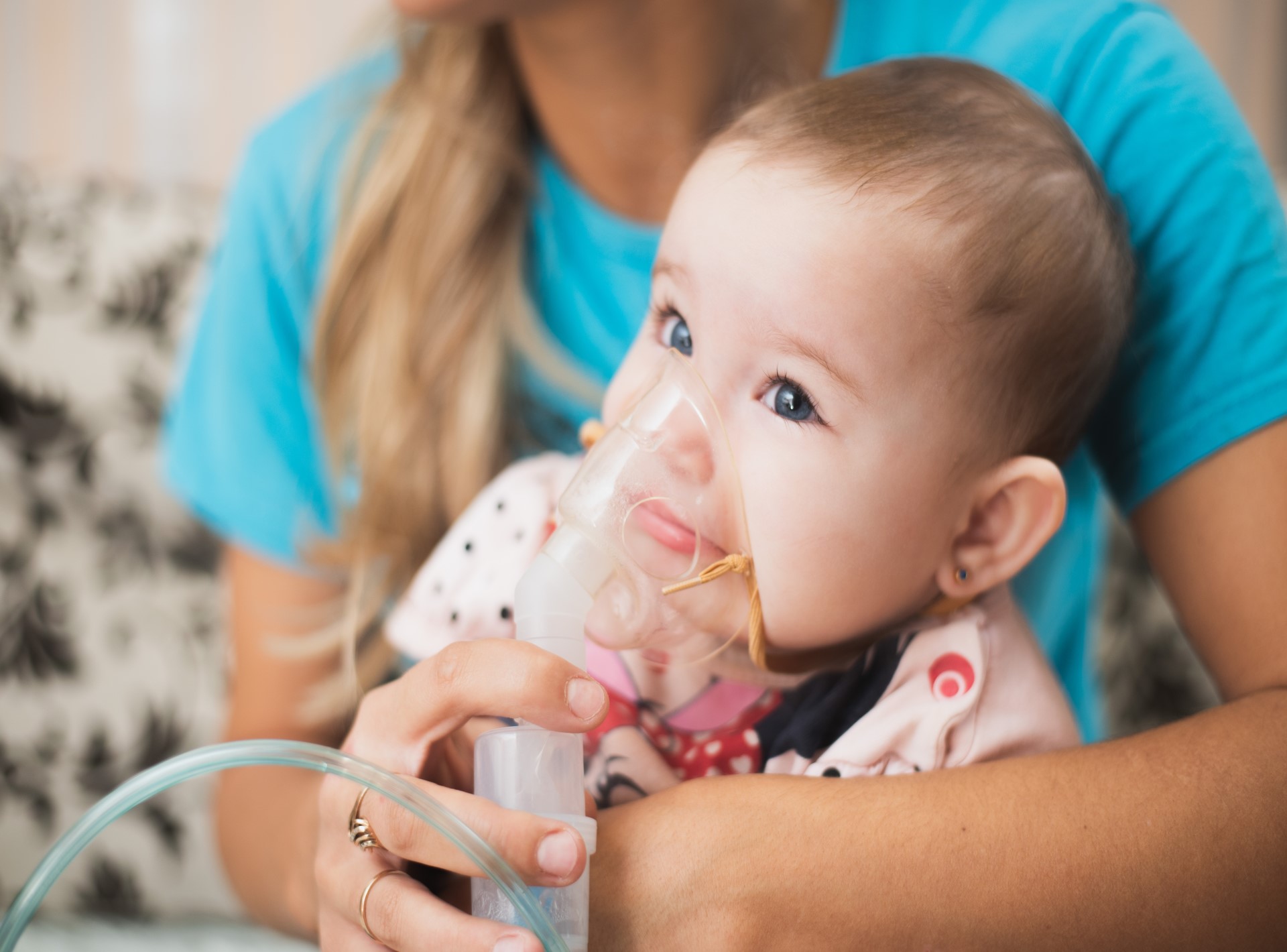
WA will become the first Australian State to rollout a free respiratory syncytial virus vaccine program for infants.
Beyfortus (nirsevimab) was approved last November as a 50 mg/0.5 mL and 100 mg/ 1 mL prefilled syringe for intramuscular administration.
“The move by the WA Government to secure the RSV infant immunisation ahead of winter will safeguard some of the most vulnerable members of our community,” according to Catherine Hughes, founder and director of the Immunisation Foundation of Australia.
“WA is a leader in the fight against vaccine-preventable diseases. It was one of the first to adopt a maternal whooping cough immunisation program, the first to provide influenza vaccines for children, and will now be the first to protect all infants against severe RSV,” she said.
“The rollout of Beyfortus in WA this year will provide learnings for other states and the Commonwealth on how to design and deliver a large-scale immunisation program to protect all infants against RSV. This must be a national health priority.”
Nearly all children will be infected by RSV before the age of two. Babies under the age of six months are most likely to develop severe symptoms, including lung infections such as bronchiolitis and pneumonia.
In clinical trials, the therapy reduced the number of infants hospitalised due to RSV-associated lower respiratory tract infection by up to 83% and it has been widely used in Europe and the US during the northern winter.
Curtin University’s Professor Jaya Dantas, an immunisation specialist involved in the ORIGINs project, confirmed that a dose of the nirsevimab vaccine given as an injection would protect infants for five to six months, especially during the winter.
“This may prevent more than 700 infant hospitalisations in WA alone,” Professor Dantas said.
Beyfortus (nirsevimab ) is a recombinant neutralising human immunoglobulin G1 kappa (IgG1κ) long-acting monoclonal antibody to the prefusion conformation of the RSV F protein which has been modified with a triple amino acid substitution (YTE) in the Fc region to extend serum half-life.
Nirsevimab binds to a highly conserved epitope in antigenic site Ø on the prefusion protein with dissociation constants (KD) = 0.12 nM and KD = 1.22 nM for RSV subtype A and B strains, respectively. Nirsevimab inhibits the essential membrane fusion step in the viral entry process, neutralising the virus and blocking cell-to-cell fusion.
RACGP WA’s Chair Dr Ramya Raman welcomed the announcement.
“RSV is the number one cause of hospitalisation for children aged five and under in Australia, with a quarter of these children needing intensive care,” she said. “So, in addition to being a horrible experience for families, the virus places a tremendous strain on our entire healthcare system, including our hospitals.
“The good news is that once again Western Australia is leading the way on public health. This is the first such supply agreement anywhere in the southern hemisphere and a real boost in our efforts to combat RSV in the community. The release of infant immunisation Beyfortus ahead of the winter months will make a real difference and I encourage families to step forward and take full advantage.
Dr Raman said families needed to be patient.
“This announcement has only just been made and rolling out the program may take time. Please keep in mind too that we may not have all the doses we need right away,” she said.
“GPs and practice teams will do the best we can to get as many jabs in arms as quickly as possible so please be respectful in all your dealings with staff including via phone.”
For more information: www.ifa.org.au/UniteAgainstRSV

